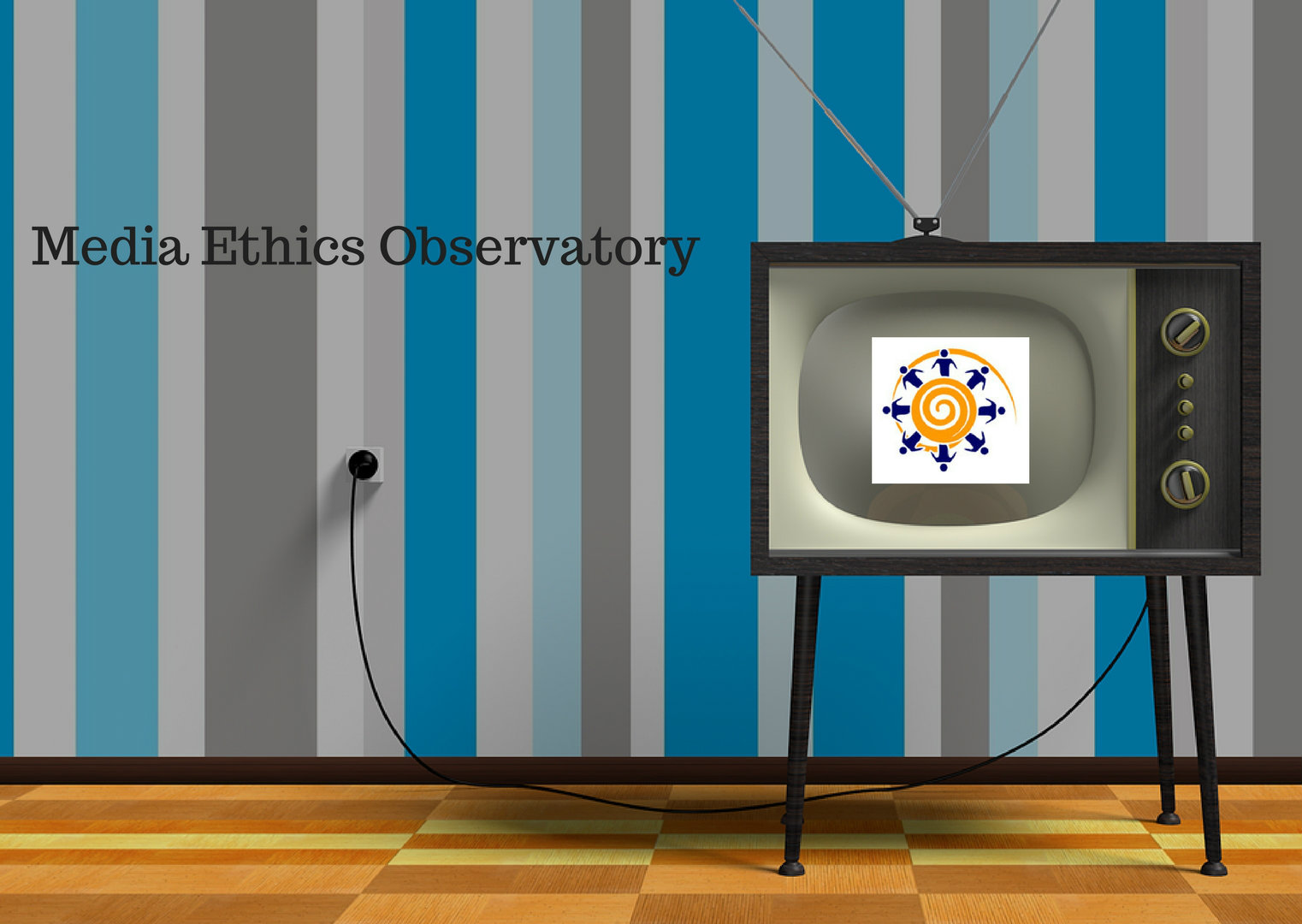Android phone users have the opportunity to download the Media Ethics Observatory mobile application called Media Ethics Observatory, which allows users to file a complaint directly through their mobile phones.
The purpose of the Media Ethics Observatory (MEO) is to settle incidents of violations noticed in the media (human rights, ethical etc.) in a self-regulating manner.
The criteria which guides the body are ethical principles which have been unanimously agreed upon by for over forty media representatives.
Up till now, citizens who have felt that violations have been made by journalists against their rights or ethics, have had the opportunity to appeal to the Media Ethics Observatory in writing or via the Yerevan Press Club website.
In the digital age it’s impossible to be without an app. It has made the application process as easy as possible. The application gives an opportunity to respond to anything that you read or watch, by immediately giving the link, including any additional information and sending it to the Media Ethics Observatory,” said the MEO coordinator Mesrop Harutyunyan.
If a citizen has complaints about any media representative, after having downloaded the mobile application, they only need to fill out a few lines: name, surname, contact information, media outlet name, link to the material, title and date of publication. After clicking the relevant button, the application will appear in the Media Ethics Observatory email, and the process begins.
According to Mesrop Harutyunyan, the Media Ethics Observatory app is not only a tool, but is also a means of popularizing the Media Ethics Observatory.
In 2017, two people used the application to file a complaint to the Media Ethics Observatory. That comprises exactly half of the previous year’s appeals, since the Media Ethics Observatory received 4 complaints year before.
Expert opinions were made regarding the two complaints, one of which was against Tert.am, the other ATV. The Media Ethics Observatory met the applicant and asked them to send the application in the proper format. The problem was, the applicant was not the person whose rights were violated, rather their friend, and the Media Ethics Observatory does not accept complaints from third parties.
“Self-regulatory bodies do not consider complaints regarding third parties’ rights, because it’s possible that the person in question may not want their name to be circulated again. Perhaps a story about a person’s private life was broadcasted or published but was only seen by 10 people, but if they file a complaint the story will begin circulated again, the story becomes known among a larger number of people, which is something undesirable for the individual,” said Mesrop Harutyunyan.
The regulations for discussing any dispute is the following: The complaint is filed, the Media Ethics Observatory notifies the media representative against whom the complaint has been made. If the media outlet is a member of the Self-Regulating Initiative (there are 46 of them today), that is to say they have signed the “Code of Ethics for Armenian Media and Journalists” and accordingly accept the authority of the Media Ethics Observatory to examine their compliance to the Code, then after the MEO notifies the media outlet in question, it starts with the proceedings and gives its expert opinion, which should be published by said media outlet.
If the media outlet is not a member of the Self-Regulating Initiative, the MEO offers mediation to settle the dispute in an extrajudicial matter. If the media outlet does not respond to the applicant, the Media Ethics Observatory, nevertheless, reserves the right to examine the issue, give an expert opinion and publish it.
Another form of publicity for the Media Ethics Observatory are the following videos produced by the Yerevan Press Club.
Gagik Aghbalyan







